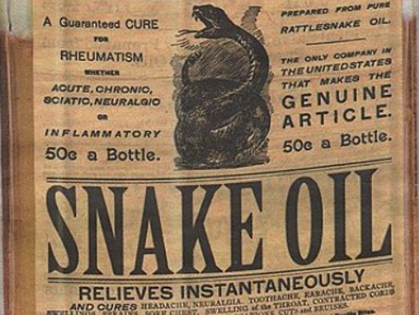Because the media are unpopular and no longer trusted, they currently find themselves between a rock and a hard place. With ad revenue plummeting, newspapers are now being forced to try and make up that revenue with paywalls.
But paywalls limit media’s ability to impact politics because fewer people are reading.
Newspapers, once reluctant to try to charge readers for access to their Web sites, have begun doing so in droves.
Across many of the developed economies of America, Europe and Asia, so-called pay walls are proliferating as publishers struggle to make up for dwindling revenue on their print products. Online advertising, once seen as the great hope for the future, has begun leveling off, which is accelerating the push for new Internet business models.
”Why now?” said Douglas McCabe, an analyst at Enders Analysis in London. ”The outlook for digital advertising for all but the very largest sites looks increasingly challenging. Therefore, it is critical that news services experiment with subscription models.”
The trend has taken in some longtime holdouts, like The Washington Post, which said in March that it would start charging online readers this summer. Elsewhere in the United States, The San Francisco Chronicle also recently announced plans to start digital subscriptions, and the total number of American newspapers with pay walls has climbed to more than 300.
After a year and a half behind its paywall, The Boston Globe has managed to only attract 28,000 digital-only subscribers.
Another dilemma the media faces is that as their customer-base dwindles away, they are forced to become more biased in order to push the left-wing agenda. This in turn will only cost them more customers.
Bottom line: In a desperate bid to remain politically and financially viable, the media’s burning the candle at both ends — and it is only a matter of time before they run out of candle.
Doing their jobs honestly might buy the media some candle, but if that was going to happen, it already would have.
Follow John Nolte on Twitter @NolteNC


COMMENTS
Please let us know if you're having issues with commenting.